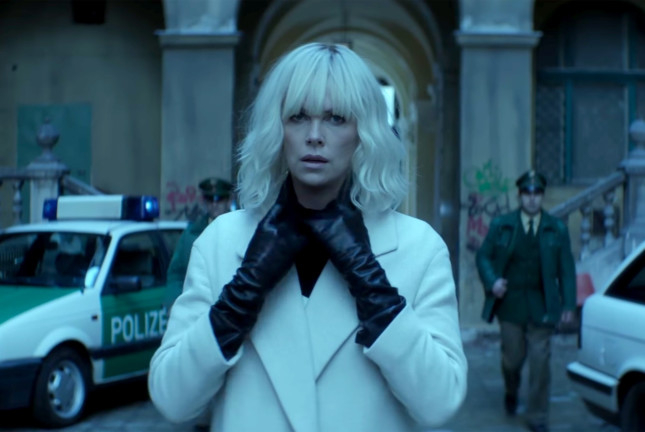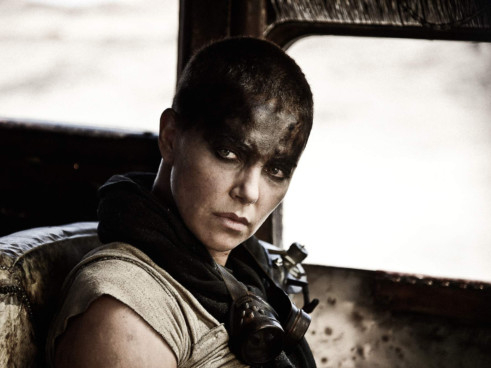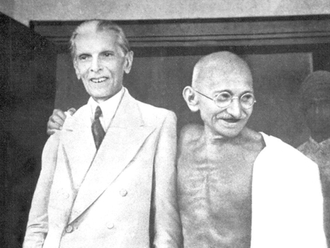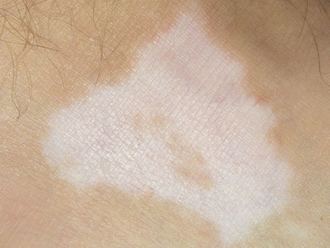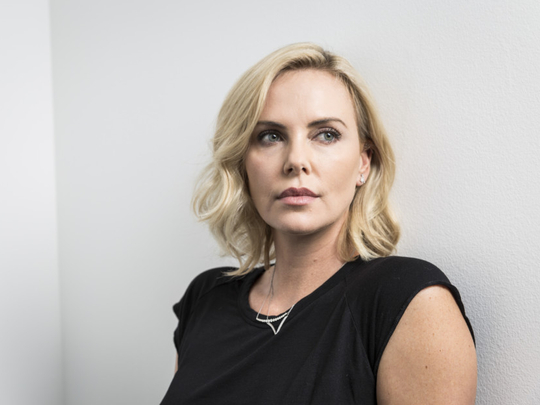
Going into a lunchtime meeting with Charlize Theron, I wasn’t sure whether to feel amped or a little afraid.
Theron is, of course, a powerhouse actress who has old Hollywood glamour and a mile-wide range. She has also played a series of lethal ladies so convincingly it is hard not to conclude a part of her is tapped into a rich vein of redirected rage.
Obviously, being an Oscar winner, she’s ace at her job. But her slam-dunk portrayals of real and fictitious killers — the convicted murderer Aileen Wuornos from Monster, Imperator Furiosa in Mad Max: Fury Road, Ravenna in Snow White and the Huntsman and now a merciless hand-to-hand combatant in the new Atomic Blonde — all suggest a woman who does not easily suffer fools.
Theron does, however, suffer colds and had to cancel a few hours before our lunch and reschedule for the next day. She was fighting a virus, she later explained, and shortly before our planned chat had downed daytime cough medicine that left her a little high and not all that cogent.
“So sorry,” Theron said as she scooched into a corner banquet table at a restaurant on the Universal lot. She is luminous, lanky and, by all evidence, poreless. (Defying celebrity profile protocol, I neglected to jot down either what she had on — I dimly recall black pants and a black top — or what she ordered for lunch.) She still sounded somewhat froggy, and her eyes were a little rheumy, but she had rallied. As the extended fight sequences in Atomic Blonde show, Theron’s work ethic is, in a good way, sick.
“I did two movies with Jean-Claude Van Damme as his stunt double,” said David Leitch, a former stunt coordinator and a director of John Wick, who directed Atomic Blonde. “She’s trained as hard as he’s ever trained. Not to disparage Jean-Claude, who’s great. But she didn’t have a martial arts background and went in at ground zero. She had the will to want to be great right off the bat.”
Beyond positioning Theron solidly as a compelling female action hero, Atomic Blonde feels like the logical next step for an actress who stunned in 2015 as the one-armed warrior Furiosa, effectively stealing Mad Max: Fury Road from the film’s ostensible star, Tom Hardy.
After shining throughout her chameleon-like career, be it playing the romantic interest, the dramatic lead, the darkly comedic anti-heroine or, of course, a serial killer, Theron is, at 41, deploying a brand of female empowerment and ferocity that audiences crave now more than ever. Like Furiosa, and also Cipher in the most recent Fast and Furious film, Theron’s Atomic Blonde character is unapologetic and cunning, wholly owning her space, rather than merely populating or decorating a world defined by men.
In Atomic Blonde, a top MI6 agent, Lorraine Broughton (Theron), buzzsaws her way through an espionage ring in 1989 Berlin as she tries to solve the murder of a fellow spy. This is no teased-hair-and-Day-Glo sendup of the 1980s. The film is luscious and cool, and Theron’s Lorraine has the looks of Debbie Harry and the toughness of Chrissie Hynde.
She is also a ruthlessly efficient killer, laying waste to 200-pound men, flipping them and hurling them down stairwells and into walls. During production, Theron bruised her ribs, wrenched her knee and clenched her jaw so tightly that she cracked two teeth.
“I was a nervous wreck,” said AJ Dix, a partner at Theron’s production company, Denver and Delilah, which helped produce the film. “Nothing scares her.”
Theron optioned the story before the graphic novel it was based on, The Coldest City, came out in 2012. She loved that Lorraine was impenitent and fought out of professional duty, rather than to avenge, say, the loss of a husband or child. (There are intimations that she had a personal connection with the dead spy.) Part of what is so arresting and even transgressive about the film is its forthright depiction of Lorraine’s battle wounds. Her face is bruised because she has done her job, not because she has been victimised.
“I became very aware of women in certain circumstances not being allowed to play by the same rules guys get to play by,” Theron said. “I was actively looking for a protagonist that could break those rules.”
Lorraine also fits the mould of characters that Theron tends to embrace, I suggested. “There’s a kind of vengeance thing,” I hedged, “but also something...”
“Broken?” Theron offered, deadpan. “Psychopaths?”
It was hard to tell whether she was being sardonic or serious, and as it turned out, she was being both. Theron’s brand of humour wavers between sarcastic and bone dry. Five years ago, after she adopted her first child, Jackson, a reporter asked how she was adjusting to motherhood. Theron replied that she gave the baby nails to play with and once in a while left out a saucer of milk.
“Humour is the only way that I get through most of my days,” Theron said. “Humour is what gets you through some of the darkest times in your life.”
Speaking of, there’s a big asterisk in her early life. When she was 15 and living in her native South Africa, her father, a frequently absent and verbally abusive alcoholic, arrived home after drinking heavily with his brother and threatened his wife and daughter with a gun. He began shooting, and Theron’s mother grabbed her own handgun and shot back, killing Theron’s father and wounding his brother in what officials later determined was self-defence.
As bad as that night was, Theron said, the agonising years that preceded it were almost worse, with her home life swinging wildly between turbulence and calm.
“That was my entire childhood,” she said. “My trauma was all of that.” After the shooting, her mother, Gerda Jacoba Aletta Maritz, told her that this was a moment where they could sink or swim.
Theron’s voice caught, and her eyes began to well.
“I survived that, and I’m proud of that. I’ve worked hard for that, too,” she said. “And I am not scared of that. I am not fearful of the darkness. If anything, I am intrigued by it, because I think it explains human nature and people better.”
She continued: “People like Aileen Wuornos that people just want to label and, like, shove under a rug. Nobody wants to examine that human. Nobody wants to look at that person and say, ‘But why did this happen?’ I’m fascinated by the why. Because in many ways, I am here today because of the why.”
Theron has resisted links between her history and characters like Furiosa (“incredibly broken”) and Ravenna (a “mess,” she said, throwing in an expletive; her language is Dead Sea-level salty). But the turmoil those characters endured, and the strength they acquired as a result of it, is, for Theron, personal.
“I mean, you’d be an idiot not to put it together that I like women who can struggle, and win the struggle, and get out of their situations,” she said. “They’re not victims, but they’re also not superheroes.”
Theron paused. Something across the restaurant had caught her eye. “Oh that’s Jason Reitman,” Theron said. He directed her in Young Adult (2011) and their coming Tully, scheduled for 2018.
“As I talk about my childhood trauma,” Theron said, shifting back into wryness, “let me just name-drop.”
Theron has no trace of an accent, even though English is her second language, after Afrikaans. She left South Africa when she was 16, trained with the Joffrey Ballet School and took modelling gigs. She began landing Hollywood roles in the mid-1990s, helped by her screen-siren looks and raw authenticity on camera.
Her defining role was in Patty Jenkins’s first feature, Monster (2003), which narrowly avoided going straight to video. During production, Theron said, she fielded calls from a financier angry that her character was so unlikable.
“They thought they were investing in some Charlize Theron-Christina Ricci movie,” she said. She said Jenkins, who went on to direct the blockbuster Wonder Woman, told her to stand strong.
“She just said, ‘By the time they pull the plug, we’ll be wrapping this movie’,” said Theron, who won an Oscar for the performance. “And we just kept going. And they were screaming and hollering and hating every second of it.” (Theron said the angry caller was Mark Damon. Damon, however, said that while he was taken aback by the character’s prosthetic teeth and mottled skin, any suggestion that money would be withheld was “nonsense” and that the film was one of the best investments he has made.)
Her life has shifted markedly since then. Along with Jackson, now 5, she adopted August, 2, and raises them with, she said, “a village of women” that includes Gerda, who lives just up the road from her. Denver and Delilah has two shows coming up on Netflix, and Theron is taking the cancellation of another, Girlboss, in stride. “This is life,” she said. “What are you going to do?”
I mention the New York Times article she inspired, about ghosting (the practice of imposing an absolute silent treatment), after her breakup with actor Sean Penn, although Theron was not about to go there. “Can we get it in the dictionary, can we get it super-official?” she said. She never used the word ghosting, she said, adding “So I don’t know if I can take ownership.” And that was pretty much that.
As our lunch wrapped up, Reitman came over to say hi, and sang the praises of Theron. “She’s legitimately the best,” he said. A few weeks later, reached by phone, he elaborated. “Usually when you encounter someone with that deep well of emotional understanding, they’re usually not a fun, easygoing person,” Reitman said. “Usually they’re a complicated dark cave that you don’t want to spend a lot of time in. The opposite is true of Charlize.”
At the restaurant, they evidently had not seen each other in a while, because Theron leapt up and motioned to her body with a hand flourish that said ta-da! “I’m skinny!” she cried. She had gained 18 kilograms for Tully and has been public about her difficulty losing the weight. Reitman shook his head. “I was just talking about how cerebral and brilliant you are,” he said. He had been travelling around Europe, he continued, and spotted her ads for the Dior perfume J’adore everywhere.
“All I wanted to do was take every fat photo of you in Tully, and just put ‘J’adore,’ ‘J’adore,’ and email them all to you,” he said.
Theron shot back with a posterior-related curse word, and Reitman smiled affectionately.
–New York Times News Service



